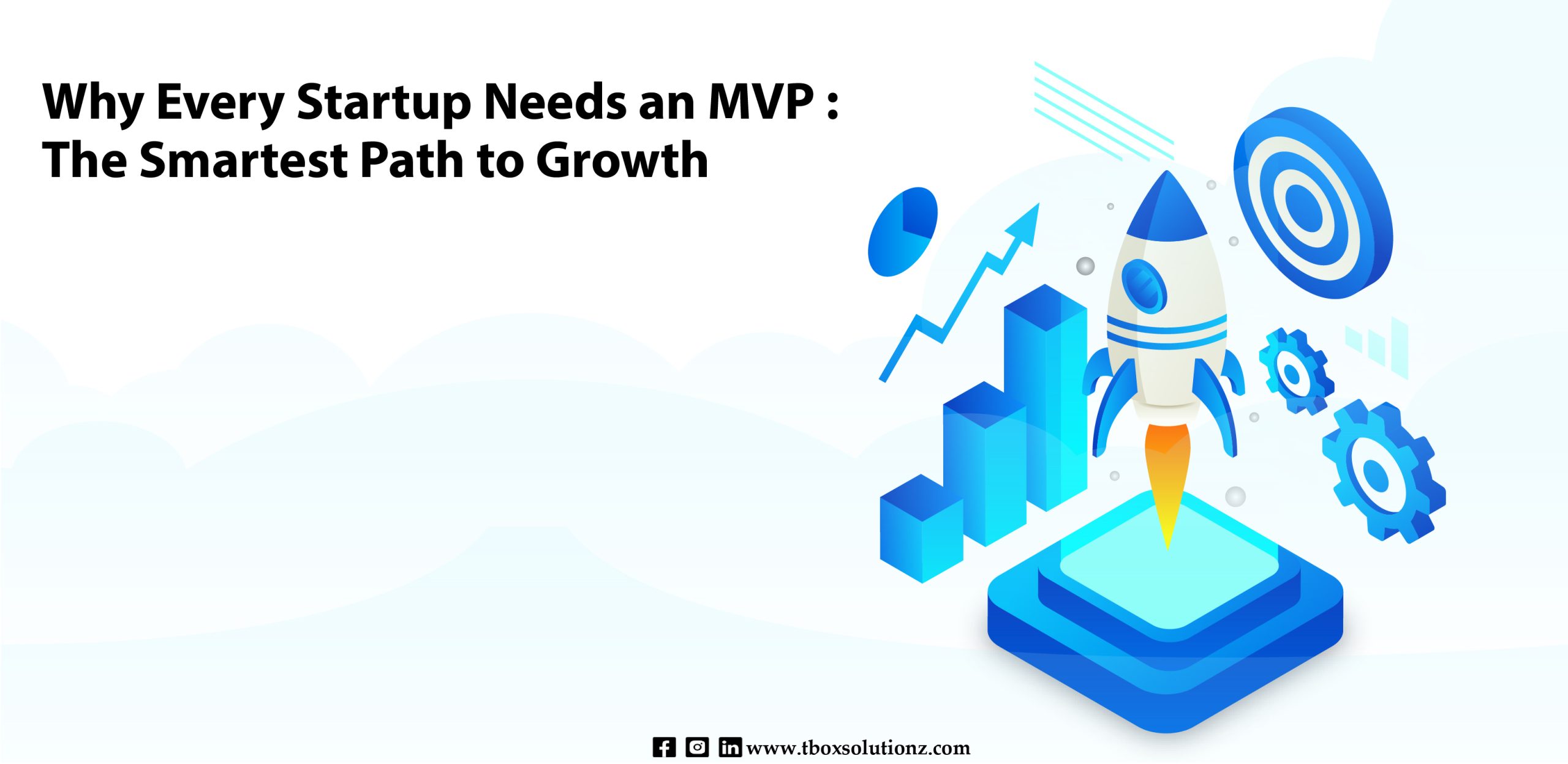
Launching a startup is an exciting yet challenging journey. One of the most critical steps in this process is building a Minimum Viable Product (MVP). An MVP is a simplified version of a product that includes only the core features necessary to solve a specific problem. By developing an MVP first, startups can validate their ideas, attract early adopters, and ensure they are investing in the right direction before scaling.
Startups often operate with limited resources, making budget management essential. Developing a full-fledged product without validation can be risky and costly. An MVP allows startups to build a functional product with minimal investment, saving both time and money. By focusing on essential features, businesses can avoid unnecessary expenses and allocate resources strategically.
User feedback is invaluable for refining a product. By launching an MVP, startups can engage early users and gather insights into what works and what needs improvement. This iterative approach ensures that the final product is aligned with user expectations, reducing the risk of failure.
Early adopters play a crucial role in a product’s success. An MVP helps in attracting an initial user base that can provide real-world insights and even help in word-of-mouth marketing. Engaging users from the start creates a community around the product, increasing its chances of long-term success.
Speed is a competitive advantage in the startup world. Launching an MVP allows businesses to enter the market quickly, test their hypothesis, and start generating revenue sooner. This early launch can also help in securing funding, as investors prefer products with proven market potential.
Many startups fail because they try to build a complete product before understanding whether it truly solves a problem. An MVP-first approach ensures that the primary focus remains on addressing user pain points. Once the product has been validated and optimized based on real feedback, businesses can confidently scale and expand their offerings.
Market demands and user needs are constantly evolving. An MVP helps startups identify potential pitfalls early, allowing them to pivot if necessary. Instead of spending months or years on a fully developed product that may not succeed, startups can make data-driven adjustments and refine their business models accordingly.
At Tbox Solutionz, we specialize in MVP development tailored to your startup’s unique needs. Our team of experts helps you build a functional, scalable, and cost-effective MVP that enables you to test your ideas in the market quickly. Our services include:
Contact us today to accelerate your startup’s success with a strategic and efficient approach.
MVP development is an essential strategy for startups looking to build sustainable and scalable products. By focusing on core functionality, minimizing risks, and leveraging user feedback, businesses can optimize their chances of success while managing costs efficiently. Start with an MVP, solve real problems, and then scale your product to achieve long-term growth.